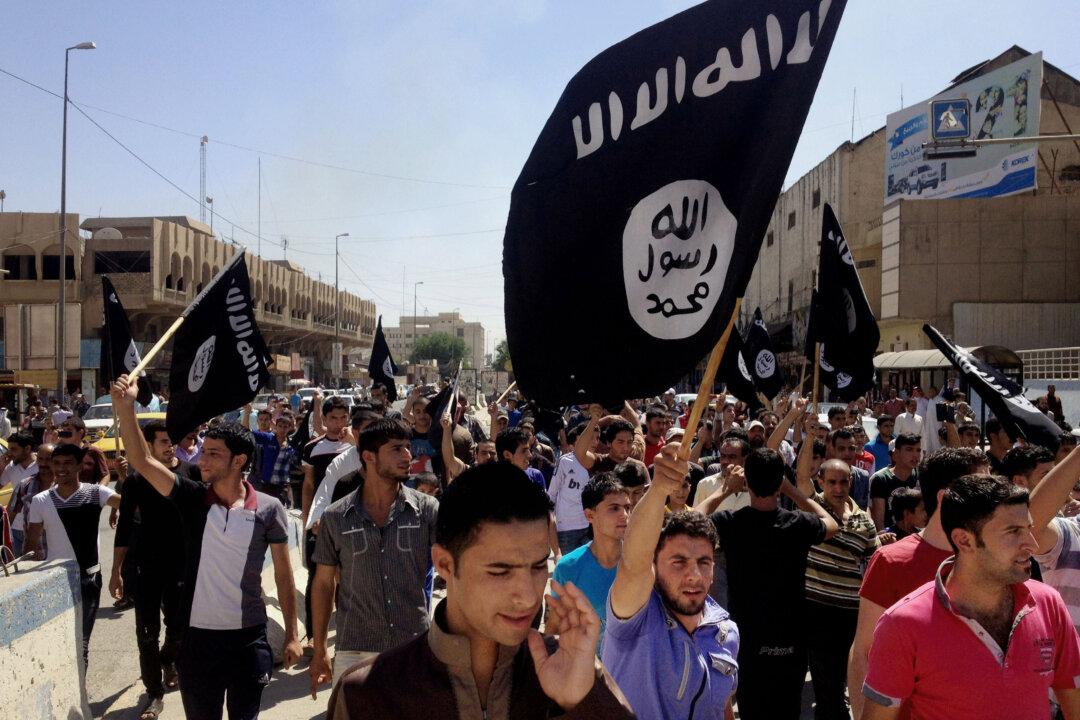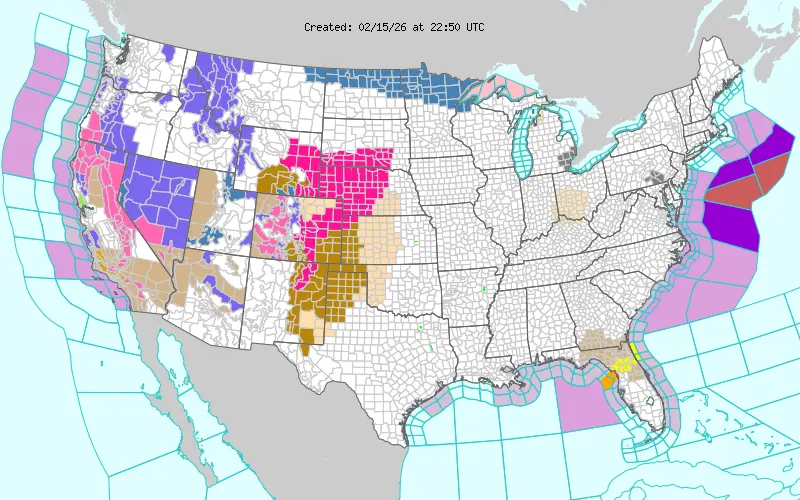MALE, Maldives—The island nation of the Maldives has passed a law allowing authorities to install cameras in the homes of people they suspect of being sympathetic to the ISIS group and arrest them if they try to join the extremists overseas, the home minister said Thursday.
The anti-terror legislation, signed by President Yameen Abdul Gayoom on Wednesday, follows reports that many ISIS recruits were coming from the Indian Ocean archipelago of just 350,000 people.
The opposition criticized the law as draconian and warned it could be used to crack down on dissent.
“This is an unconstitutional law that will be used to suppress dissent and jail opposition leaders,” opposition Maldivian Democratic party spokesman Hamid Abdul Gaffoor said.
The actual number of Maldivian fighters in the extremist Sunni group is unknown, but local newspapers carry frequent reports of Maldivians wounded or killed while fighting in the Middle East.
Home Minister Umar Naseer said the government has details on seven Maldivian ISIS extremists, while another 10 people were stopped in Sri Lanka and Malaysia on suspicion of trying to get to Syria to join the group. They were not arrested because there previously was no legal provision, Naseer said. The new law, however, would allow for arrests.
The law defines terrorism broadly, including cases of endangering another person, hijacking a transportation vessel, kidnapping, endangering public safety, vandalism and causing health hazards.
The government can now seek a court order to fit suspected ISIS sympathizers with electronic monitoring tags, listen to their phone conversations and prevent them from traveling abroad if the trip is deemed suspicious.





